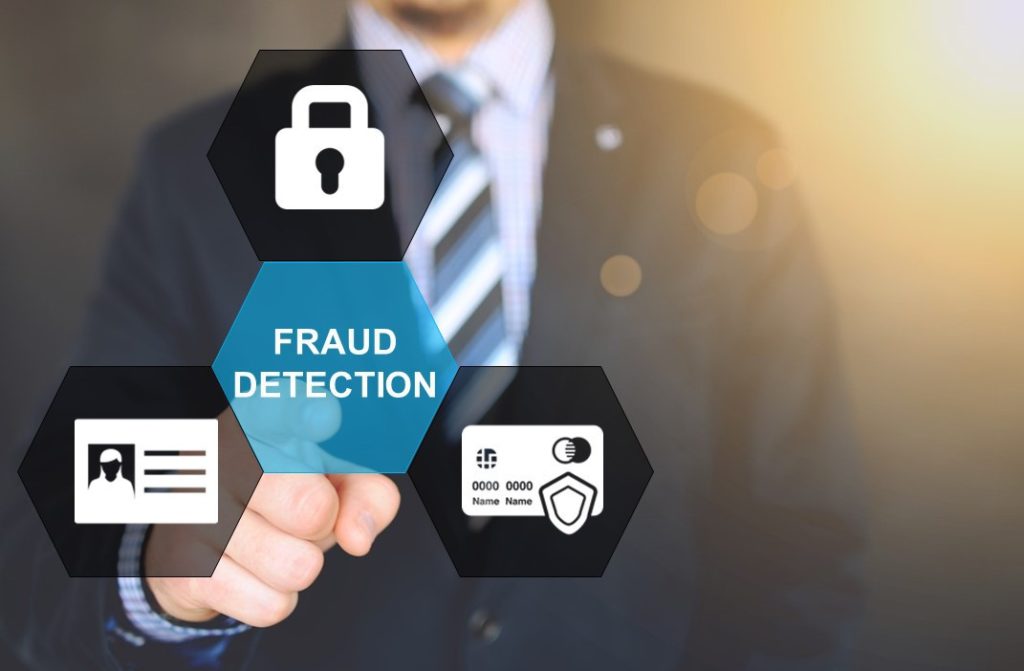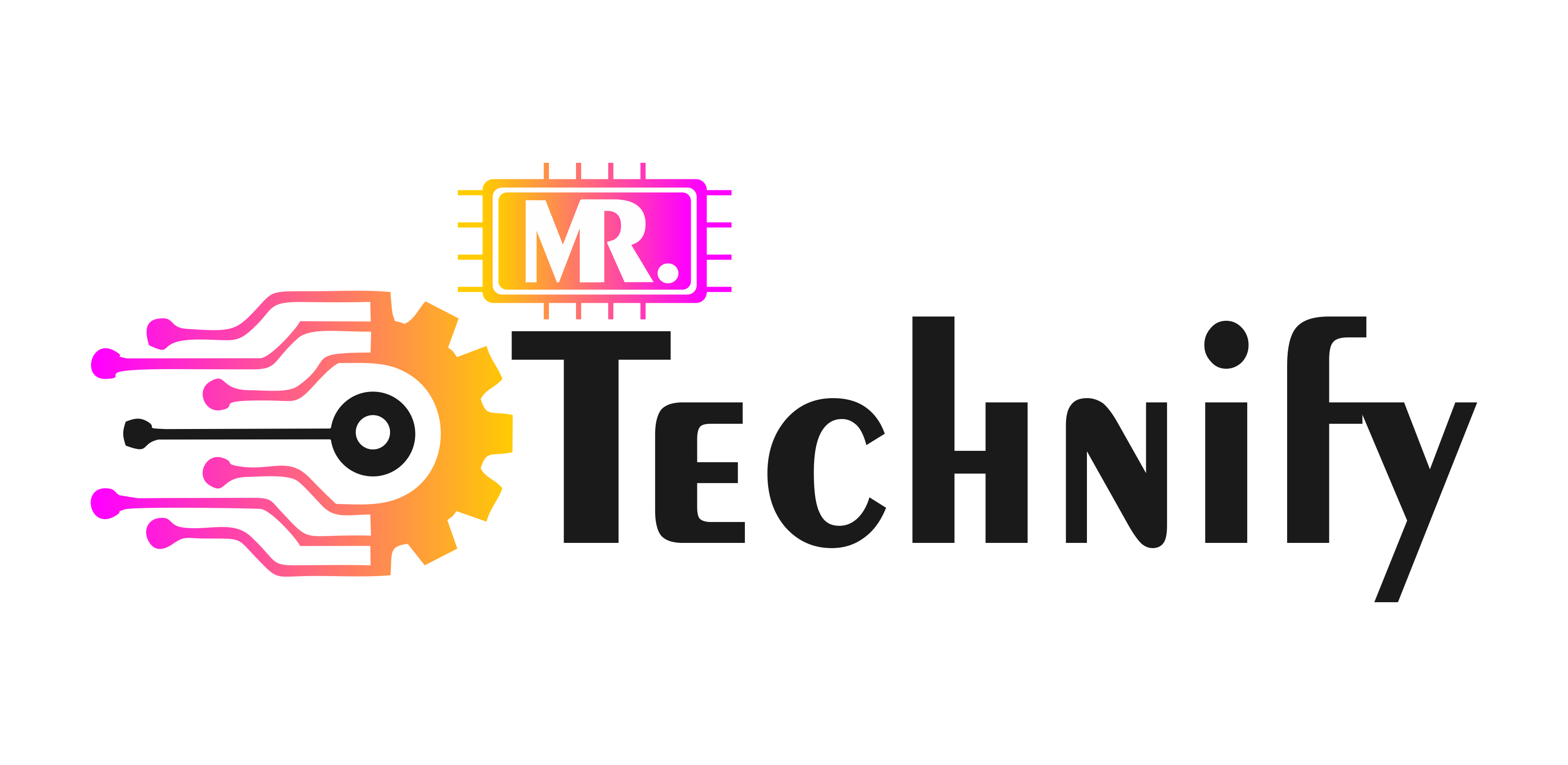There’s more to machine learning than meets the eye. As we venture into this digital era, we become more intrigued by how artificial intelligence (AI) revolutionizes various sectors. A particular AI branch sparking innovation, yet less talked about, needs supervised learning. Are you prepared to explore the fascinating area of Unsupervised Learning in depth?
What is Unsupervised Learning?
Unsupervised learning(UL)is a type of computer learning in which computers discover data patterns independently. Unlike supervised learning, no labeled responses guide the learning process. Think of it as a toddler exploring a toy box – they have no idea what each toy does, but through interaction and play, they figure it out.
Critical Concepts in UL
UL revolves around several key concepts, including:
-
Clustering
It’s about grouping data points with similar characteristics. When strangers are urged to form groups based on features they share, this is called clustering.
-
Anomaly Detection
The unsupervised algorithm identifies unusual data points or outliers. It’s like noticing the only person wearing a Hawaiian shirt at a black-tie event.
-
Dimensionality Reduction
This entails lowering the number of random variables taken into account. It’s like summarizing a long movie plot into a few sentences.
-
Association Rule Learning
This is about discovering interesting relationships between variables in large databases. Have you ever wondered how Netflix chooses films depending on your previous watch? Well, that’s association rule learning in action.

Difference between Supervised and Unsupervised Learning
While supervised learning is like a guided tour with a well-defined destination, unsupervised learning is more of an adventurous journey into the unknown. UL relies on something other than labeled data to make sense of the information, making it more flexible and exploratory.
-
Why is UL Important?
UL helps us sense the chaos in a world exploding with data. It uncovers hidden patterns, detects anomalies, and reduces dimensionality, paving the way for meaningful data interpretation.
Use Cases of UL
UL applications are vast and fascinating. They include:
-
Customer Segmentation
Businesses can group customers based on buying habits, preferences, and behaviors, enabling them to tailor personalized marketing strategies.
-
Fraud Detection
Banks and financial institutions can identify unusual transactions, helping to prevent fraud and ensure customer security.
-
Natural Language Processing
UL helps improve search engine results, sentiment analysis, and machine translation in natural language processing (NLP).
Limitations of UL
Like all technologies, UL has challenges. These include difficulty in evaluating results, the complexity of algorithms, and the risk of overfitting data.
Future of UL
UL is a golden key unlocking the doors to countless possibilities in AI and data science.
-
UL in Artificial Intelligence
UL drives AI to new heights, facilitating self-learning and evolution in intelligent systems.
-
UL in Data Science
In data science, UL is helping my massive datasets for insights, enhancing decision-making, and enabling predictive modeling.
Conclusion
Unsupervised learning, the unsung machine learning hero, holds immense potential for future technological advancements. Delving into the unknown and uncovering hidden patterns will continue shaping our world in ways we’ve yet to imagine.
FAQs for Unsupervised Learning
What are some popular algorithms used in unsupervised learning?
Common algorithms include k-means clustering, hierarchical clustering, and PCA.
How can unsupervised learning be applied in real-world scenarios?
It is used for customer segmentation, fraud detection, anomaly detection, and more.
How do you evaluate the performance of unsupervised learning algorithms?
Evaluation can be challenging, but metrics like silhouette score and reconstruction error are used.
What is the future outlook for unsupervised learning?
Unsupervised learning will continue to advance AI and data science with its potential for extracting insights from complex data.

